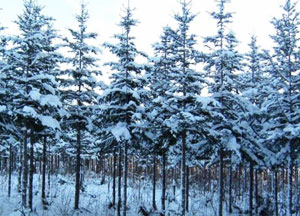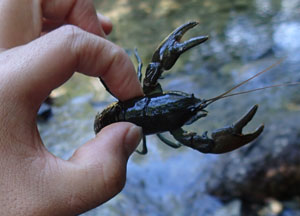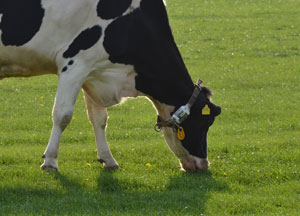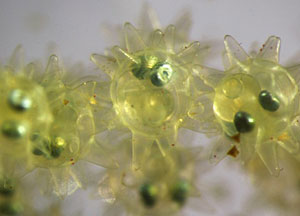The Field Science Center for Northern Biosphere, Hokkaido University, was established in 2001 as one of the research facilities of Hokkaido University by integrating 16 research facilities affiliated with the Faculties of Agriculture, Sciences, and Fisheries. The primary aim
in creating this Center is to develop a new area of scientific inquiry called "Field Science." For that, the center conducts comprehensive research primarily on the northern biosphere focusing on the conservation processes and mechanisms that impact biological diversity and ecosystem processes, the sustainable use of these components, the long-term monitoring of the field science center’s ecosystems, and any relationships among these elements. We integrate these research topics to assist in the management of these diverse ecosystems (forests, rivers,
lakes, agricultural farms, and coasts). The Center provides extensive resources for undergraduate and graduate education in our university and also for domestic and foreign researchers.
The Center is a part of the Education and Research Division of Hokkaido University. The main offices (Research Station, Technical Office and Administration Office) are on the Sapporo campus of the University, and the 16 field facilities are located in Hokkaido and Wakayama
Prefectures. Three research stations (Forest Research Station, Agro-ecosystem Research Station, Aquatic Research Station) are responsible for the management of these field facilities.
The Education and Research Division has six sections: (1) Bio-resource Development, (2) Ecosystem Conservation, (3) Sustainable Bio-production, (4) Biodiversity, (5) Ecosystem Function, and (6) Population and Community Ecology. Each section has a variety of research groups (with several researchers including visiting scientists) that conduct studies at the field facilities.
Each station has exceptional educational facilities that allow undergraduate and graduate students of Hokkaido University and foreign universities to conduct field research in their chosen areas. The Center’s research stations contribute to the local communities by providing
extension lectures and open laboratories.




